WHAT ARE FREE RADICALS? HOW DO THEY AFFECT THE BODY?
What are free radicals? How do they affect the body?
Free radicals are formed during the body’s life process and are essential for the body. However, too much formation also causes bad effects and increases the disease risk.
1. What are free radicals?
A free radical is a molecule, ion, or atom with a few electrons or an odd number of electrons, so it is usually unstable and easily reacts with other molecules in the cell.
Free radicals can have a positive, negative, or non-charged charge, and they all play a significant role in a biological system. Their outer electron shell contains an unpaired electron (also called a lone electron), so they are unstable. They always tend to rob electrons of other atoms or molecules to return to a stable state, but turn these atoms or molecules into free radicals, causing the cell structure to be changed and broken. Free radicals are generated in the body mainly from two sources:
Endogenous sources are generated frequently by the cellular respiratory which is the energy conversion for the activities of cells. Energy is converted mainly from carbohydrates.
Exogenous sources: Due to radioactive agents, inflammatory reactions, stress, fatigue, smoking, environmental pollution, and other factors.
Free radicals are very active, so if they increase in excess, they will cause damage to cells, increasing the risk of disease.
Some dangerous types of free radicals that harm the body are Superoxide, ozone, hydrogen peroxide, lipid peroxy, and hydroxyl radical, which cause cell damage.
2. Effects of free radicals on the body
Free radicals can easily react with the components of cells, causing disruption of normal cell function, destroying cells, and accelerating the body's natural aging process.
Many studies show the relationship between free radicals and the formation of some diseases, including:
Central nervous system diseases such as Alzheimer's, dementia, and Parkinson's disease.
Cardiovascular disease is caused by clogged arteries.
Inflammatory disorders and immune system disorders: Common autoimmune diseases such as rheumatoid arthritis and lupus erythematosus.
Free radicals are agents that cause genetic mutations when attacking DNA, membranes, and biological substances in cells, increasing the risk of cancer and making cancer more severe.
Cataracts and age-related vision loss.
Changes in appearance due to aging such as loss of skin elasticity and luster, appearance of wrinkles, gray hair, hair loss, and weak fingernail.
Relating to diabetes in the elderly.
In addition to the negative effects, the formation of endogenous free radicals is also vital for the body, helping the synthesis and breakdown of substances in the cellular metabolism.
3. How to limit free radicals in the body?
To prevent the excessive increase of free radicals and balance their formation, the body creates mechanisms which are enzymes available in cells (glutathione reductase, glutathione peroxidase, etc.) or non-enzymatic antioxidants such as vitamins A, E, C, coenzyme Q, beta carotene, selenium, etc, to destroy them.
However, if too many free radicals are created and exist in the body, the anti-free radical mechanisms cannot work effectively, causing bad effects on the body. Some measures to help prevent and eliminate free radicals are as follows:
Having a scientific diet: Supplementing adequate nutrients with antioxidant effects, such as vitamin A, vitamin E, vitamin C, beta carotene, selenium, and substances found in berries and green vegetables for the body. Not eating foods that are harmful to the body, such as fatty foods, alcohol, carbonated drinks, etc.
Avoiding stress: Not thinking negatively and not worrying. Exercising, doing yoga, walking, and thinking positively to prevent free radical formation.
Getting enough sleep: Sleeping 7-8 hours a day helps limit the risk of free radical formation.
Avoiding frequent exposure to toxic, polluted, or radioactive environments.
We can supplement some foods with antioxidant effects to reduce free radicals that are harmful to the body.
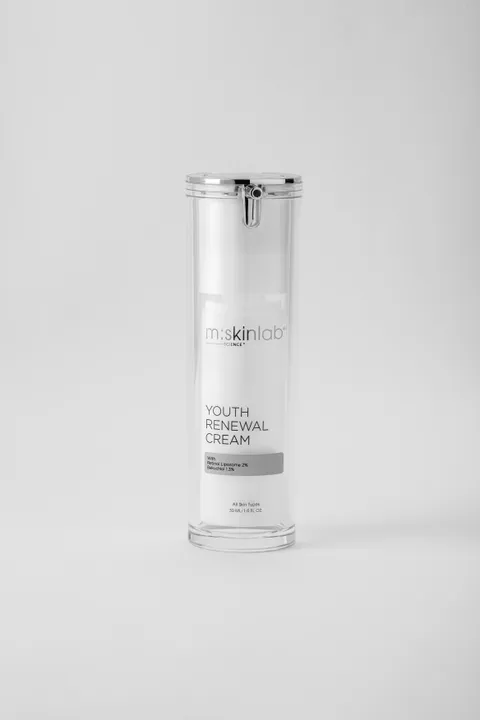
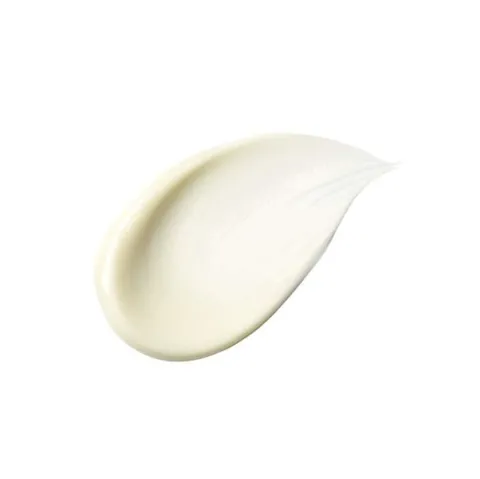
 Best-Seller
Best-Seller  ACTIVE SKINTREATMENT
ACTIVE SKINTREATMENT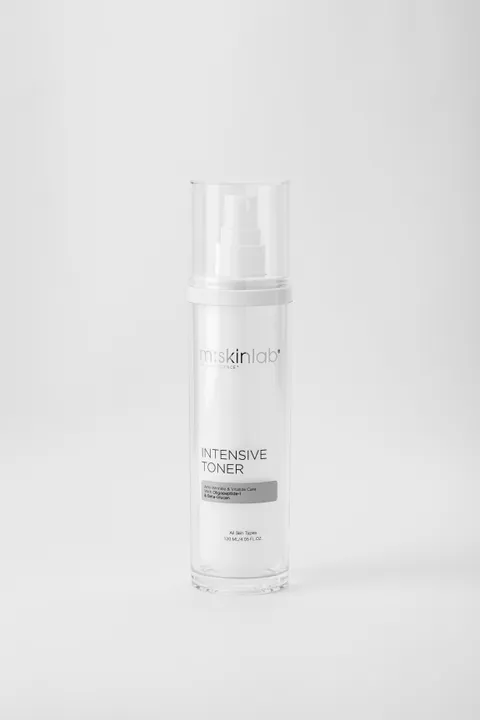

 ACTIVE SKINREPAIR
ACTIVE SKINREPAIR

 ACTIVE SKINTREATMENT
ACTIVE SKINTREATMENT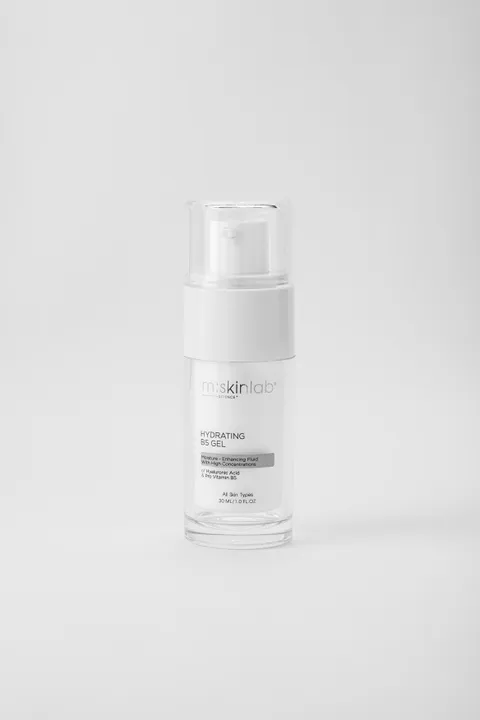

 Best-Seller
Best-Seller  ACTIVE SKINREPAIR
ACTIVE SKINREPAIRMoisture - Enhancing Fluid With High Concentrations of Hyaluronic Acid & Pro Vitamin B5
30ml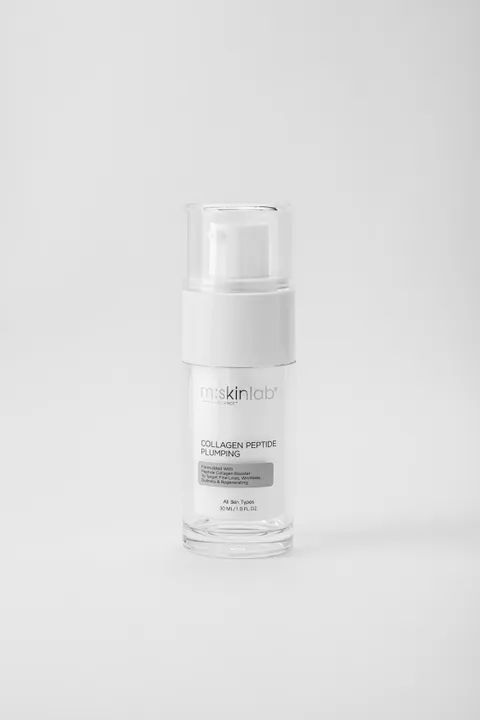
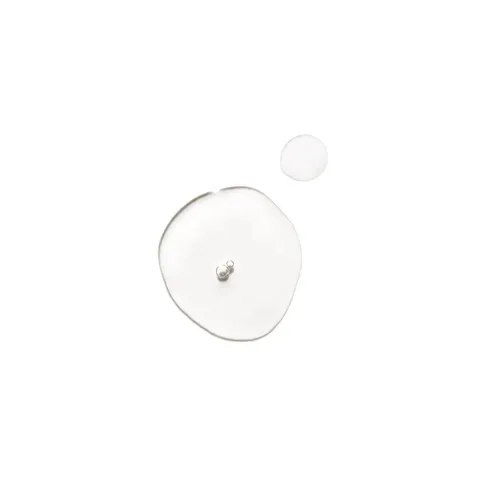
 Best-Seller
Best-Seller  ACTIVE SKINREPAIR
ACTIVE SKINREPAIRFormulated With Peptide Collagen Booster To Target Fine Lines, Wrinkless, Dullness & Regenerating
30ml

 Best-Seller
Best-Seller  ACTIVE SKINREPAIR
ACTIVE SKINREPAIR

 Best-Seller
Best-Seller  ACTIVE SKINTREATMENT
ACTIVE SKINTREATMENT

 ACTIVE SKINTREATMENT
ACTIVE SKINTREATMENT



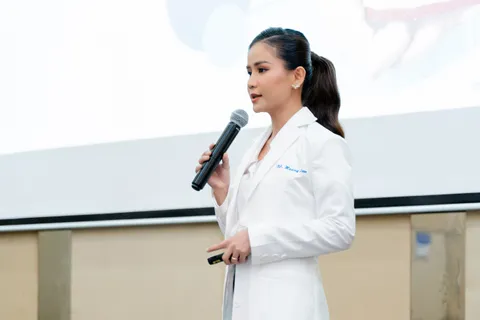


.webp)




 Best-Seller
Best-Seller  ACTIVE SKINTREATMENT
ACTIVE SKINTREATMENT

 ACTIVE SKINREPAIR
ACTIVE SKINREPAIR

 ACTIVE SKINTREATMENT
ACTIVE SKINTREATMENT

 Best-Seller
Best-Seller  ACTIVE SKINREPAIR
ACTIVE SKINREPAIRMoisture - Enhancing Fluid With High Concentrations of Hyaluronic Acid & Pro Vitamin B5
30ml

 Best-Seller
Best-Seller  ACTIVE SKINREPAIR
ACTIVE SKINREPAIRFormulated With Peptide Collagen Booster To Target Fine Lines, Wrinkless, Dullness & Regenerating
30ml

 Best-Seller
Best-Seller  ACTIVE SKINREPAIR
ACTIVE SKINREPAIR

 Best-Seller
Best-Seller  ACTIVE SKINTREATMENT
ACTIVE SKINTREATMENT

 ACTIVE SKINTREATMENT
ACTIVE SKINTREATMENT